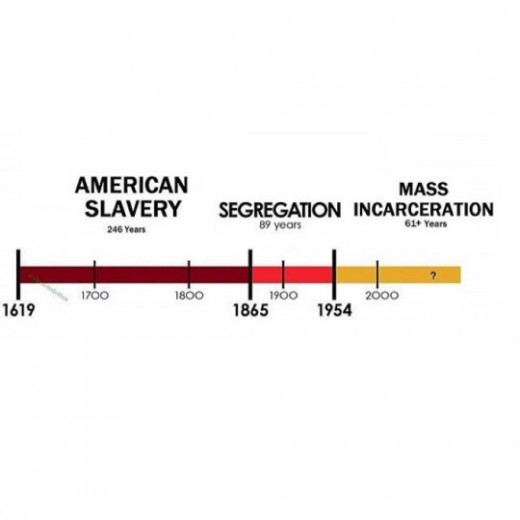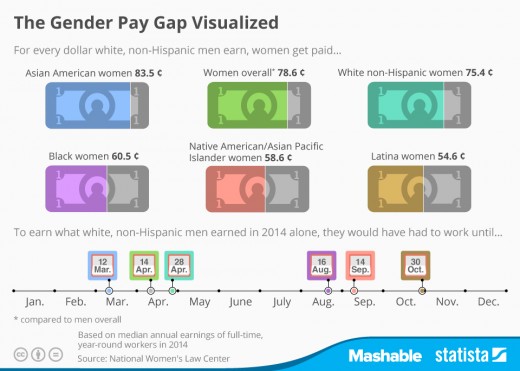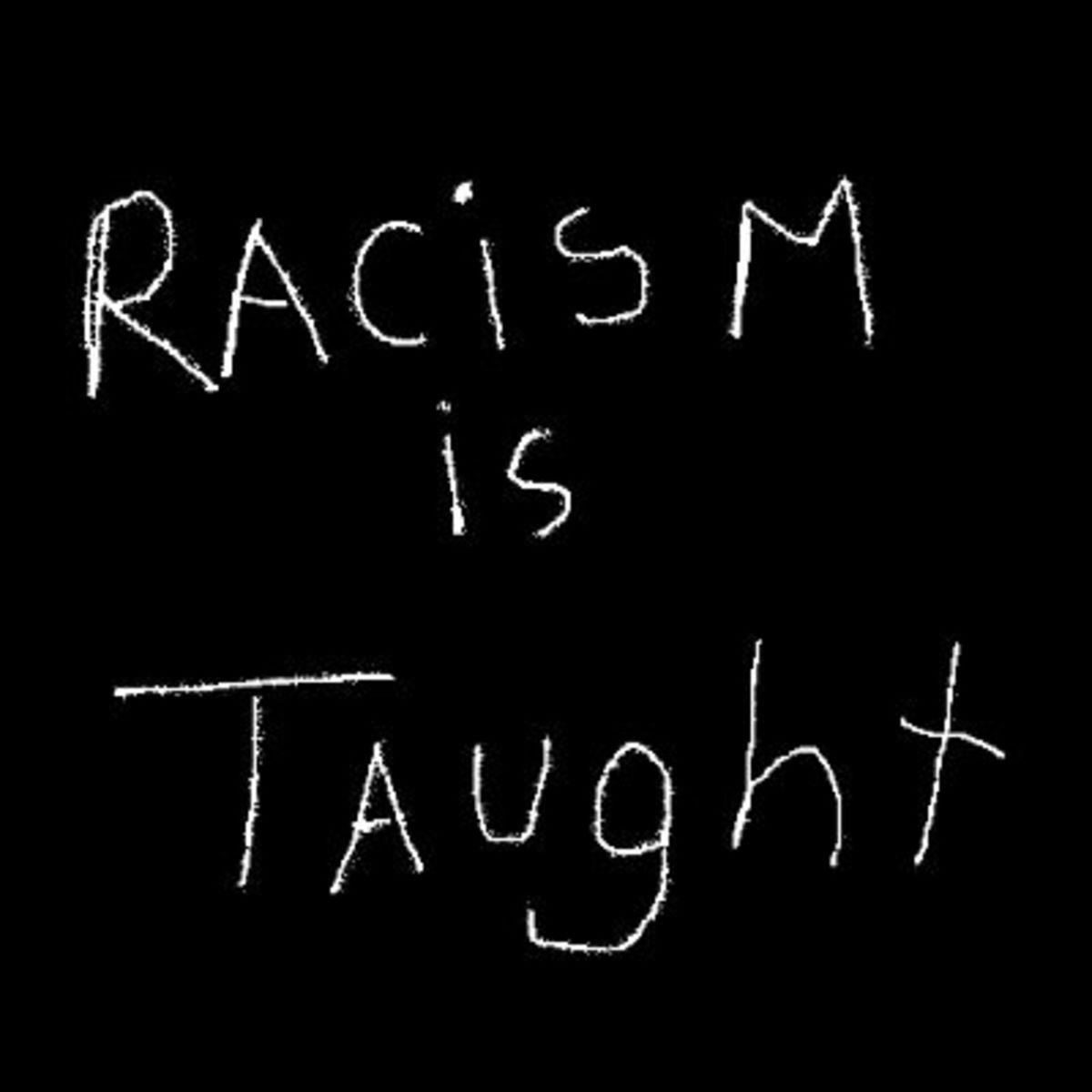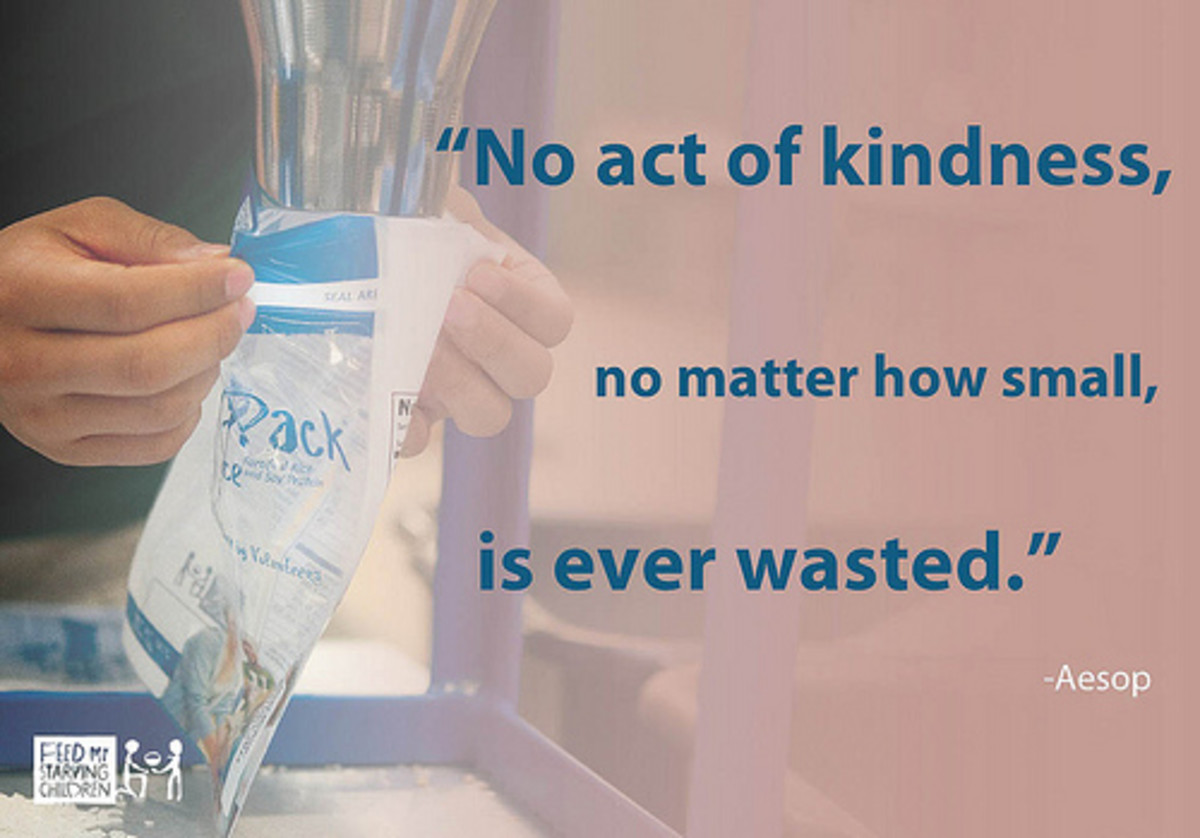Why Dealing with Social Issues is Never Really Over
This past year has been a landmark for LGBTQ rights, marriage has been legalized in the United States (as well as a few other countries), Queer folks are becoming more visible in media, and more and more people are speaking out against injustices against Queer people. This means homophobia is over right?
While we have made excellent strides in creating a more tolerant environment for LGBTQ people, there are still a lot of issues to overcome. Transgendered people are being murdered at an alarming rate, the Pulse Night Club shooting was a huge tragedy, and conversion camps still are legal.
It’s the same song and dance for any number of issues, not just queer issues. Some progress is made, society as a whole decides the problem is solved, and society moves forward ignoring any further issues. This same formula can be applied to any number of issues: Racism (we ended slavery but we’re still mass incarcerating black people and police brutality is still a huge issue, not to mention Donald Trump’s entire immigration stance), Gun Violence (we have stricter laws but they don’t seem to be doing anything to stop school shootings), and Feminism (women can work but they earn less on the dollar than men do, even less for women of color).
The fact of the matter is as much as we want to say that this is all in the past, it really isn't. Even if it was in the past, it would be in the very recent past.
Furthermore this country has a long history of ignoring issues of the past that still resonate today. The most glaring example of this is slavery. While slavery ended in 1863, black citizens of the United States are still feeling the lingering effects of slavery. After slavery ended segregation continued on for another 89 years. The way we're taught about segregation and Jim Crow in school makes it seem like it was years ago, but in fact Ruby Bridges just turned 62 on September 8th. These are things that, while they may not have happened in your lifetime, are still very significant and salient in our time. Not to mention the fact that after segregation ended mass incarceration and the school to prison pipeline began.
A Timetable of Discrimination against Black Americans

These issues never seem to really go away because society as a whole never puts the effort into trying to actually start a conversation and fix a problem. Most of our “fixes” to problems of race, gender, sexuality, and equality in general are bandaids being put over bullet wounds. Sometimes, like in the case of gay marriage, the fixes are a bit bigger, but still it’s like throwing a few stitches into a fatal bullet wound. It’s not solving the problem, it’s only buying us some time.
For most of us, a lot of the issue lies in some internalized bigotry. Imagine you’re walking home from work one evening. You’re going down the sidewalk minding your business when you notice a man walking behind you. You feel yourself tighten up and walk a little faster, the man seems to be going in the same direction as you so you assume he’s following you. You cross the street to get away from him. He goes about his business on his side of the street and you go about yours. You get home safely and no one is the worse for wear.
What color was the man following you?
If you immediately thought of a person of color, that’s internalized racism. Society has conditioned us to assume that people who want to harm us are people of color. Internalized bigotry is bigotry that you’ve been conditioned to learn from your peers while you grow up, things like traditional gender roles, feeling uncomfortable at night in a shitty neighborhood, or assuming a well dressed well groomed man is gay are all examples of internalized bigotry.
We all do it, it’s a part of being a part of society. What the real issue is, is that no one ever talks about it. Instead of trying to confront our internalized bigotry against one minority group or another, we push it down even deeper and try to ignore it. If we return to our bandaid on a bullet wound metaphor, internalized bigotry is the blood that just keeps coming out of the wound.
Brock Turner's Mug Shot

Michael Brown's High School Graduation Photograph

We all do it, it’s a part of being a part of society. What the real issue is, is that no one ever talks about it. Instead of trying to confront our internalized bigotry against one minority group or another, we push it down even deeper and try to ignore it. If we return to our bandaid on a bullet wound metaphor, internalized bigotry is the blood that just keeps coming out of the wound.
Let’s take for example the representation of Michael Brown and Brock Turner in the media. Michael Brown, who was shot down for doing literally nothing, was depicted in the media as a “thug” the pictures the media used to represent him were not pictures of him graduating high school or doing anything nice, they were pictures of him at parties with friends, they were pictures specifically chosen to perpetuate the image that as a black man he deserved to die because he wasn’t on the straight and narrow.
If we turn now to Brock Turner, a man who raped an unconscious girl behind a dumpster, he is represented much differently. His mug shot clearly shows him crying and when he’s discussed in the news junket he’s constently referred to as a “boy” who made “mistakes.” Every care was taken to make sure that he was portrayed as innocent.
In the trial of public opinion Brock Turner was acquitted and Mike Brown was indicted.
Wage Gap Infographic

One of the other reasons, in the United States specifically, is that we have two very divided generations battling against each other. On the one hand we’ve got Baby Boomers who, for the most part, are proponents of traditional values. These are the people who are putting up barriers to progress. The reason they are able to be so successful in their ability to enact change for their causes and values is their ability to manipulate the political system to their own liking.
While Millennials and Baby Boomers hold essentially the same amount of votes in the electorate, Baby Boomers show up at nearly twice the rate that Millenials do. Though Millenials seek social justice at a far greater rate than Baby Boomers do, they are much less effective at getting their politicians elected, and therefore less effective at promoting their views. So basically, if you want to enact change, you’ve got to show up to the polls.
Another issue in the way of actually solving social issues is privilege. Everyone has it but not everyone is willing to admit it. The first step in trying to understand the problems a minority group is facing is to acknowledge your own privilege and how you benefit from a system that is hurting someone else. As a white woman I make 78 cents for every dollar a man makes, so in this case men have the privilege over me. However because I am white, I make more money than women of color. In this case I have the privilege over them.
By ignoring our own privilege we are ignoring the fact that there are people in the world that experience wholly different lives than we do. By not acknowledging that people have different experiences in life we are ignoring the fact that there are certain people in the world who are treated very differently from our own experiences. If we cannot acknowledge that others have different experiences than our own, and sometimes suffer from those experiences, how can we hope to fix the situation.
Social change is always difficult. As a society we must examine what has gone wrong and get deep into the root of the problem before we can even begin to fix anything. Continuing to ignore issues and slap bandaids on a hemorrhaging wound will not fix anything. I believe that by continuing to triage small issues at the cost of a larger problem, we are in fact making the problem worse.








